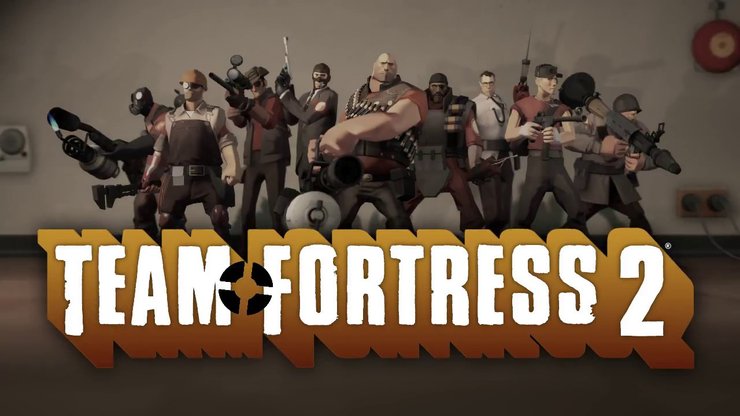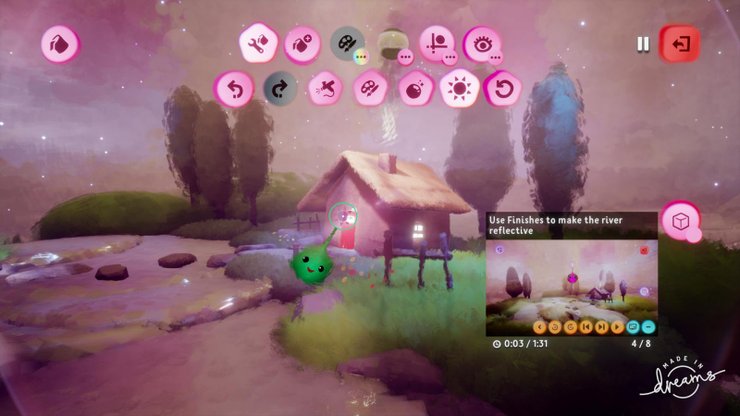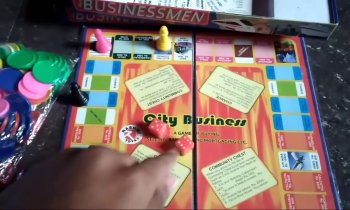Certain games, naming no names, have built a reputation for cultivating toxic communities brimming with abusive players and negative feedback. These games are far from the majority, however, and here we give a run-down of some of the best gaming communities for those looking for a healthier, friendlier environment in which to game and socialize.
First-person shooter (FPS) video games, in particular, are criticized for their aggressive online communities. Whilst the competitive and violent nature of these games can often create a toxic atmosphere amongst gamers, it is not an unavoidable pitfall. Team Fortress 2, for example, is a team-based game that encourages collaborative communication and requires players to perform different roles, such as support medics, forcing players to work for the good of the team.

Its mixed skill levels mean that players aren’t immediately destroyed by more experienced players as can be the case in more outwardly competitive FPS games. The game design also perhaps helps to create a more relaxed vibe as the cartoonish animation makes it difficult to take too seriously. Such facets of the game all combine to cultivate a friendly gaming community in which teamwork founded on healthy communication is paramount.
In terms of a more serious FPS game without the aforementioned toxicity, the Rainbow Six Vegas series represents a haven for level-headed gamers. The game is slower-paced than most shooters and this possibly attracts more patient and cerebral gamers, less prone to fly off the handle. The series stretches all the way back to 1998 and its dedicated fan-base may reflect a demographic of more mature players with a real passion for the genre. Its developers have also emphasized their commitment to anti-harassment efforts; serious shooter fans searching for a welcoming community could do much worse than Rainbow Six.
Media Molecule has a history of developing community-based games like LittleBigPlanet with a heavy emphasis on creativity. Their latest offering ‘Dreams’ is certainly no different and provides players with the tools to create their own worlds and game levels. The game relies on a community rating system which encourages and promotes the creations of others. With user content created for free by users, the game relies on camaraderie and a rejection of any sense of entitlement. Its limitless possibilities allow players to create or engage with whichever genres they see fit and helps to create a placid environment that isn’t driven by the kind of competitive spirit which can poison other games.

Similarly, traditional games like chess and bingo have maintained their sense of community spirit in the online realm. Both games are founded on mutual respect, whilst bingo in particular places huge emphasis on the social aspect. Online sites aim to create a friendly atmosphere in which players can engage with the game and other players simultaneously. Paddy Power, for example, places particular emphasis on the chat room experience which has helped it to become the best website to play bingo online because of its strong and welcoming community. For those looking for an alternative to truly competitive online games, traditional formats can offer a refreshing change of pace.
Some feel understandably frustrated with the increasing numbers of toxic online gaming communities, however, there are numerous escapes. Even if competitive shooters are your thing, there are still options for healthy online communities. There is ample appetite for kinder online interactions and alternatives continue to present themselves.














Comments